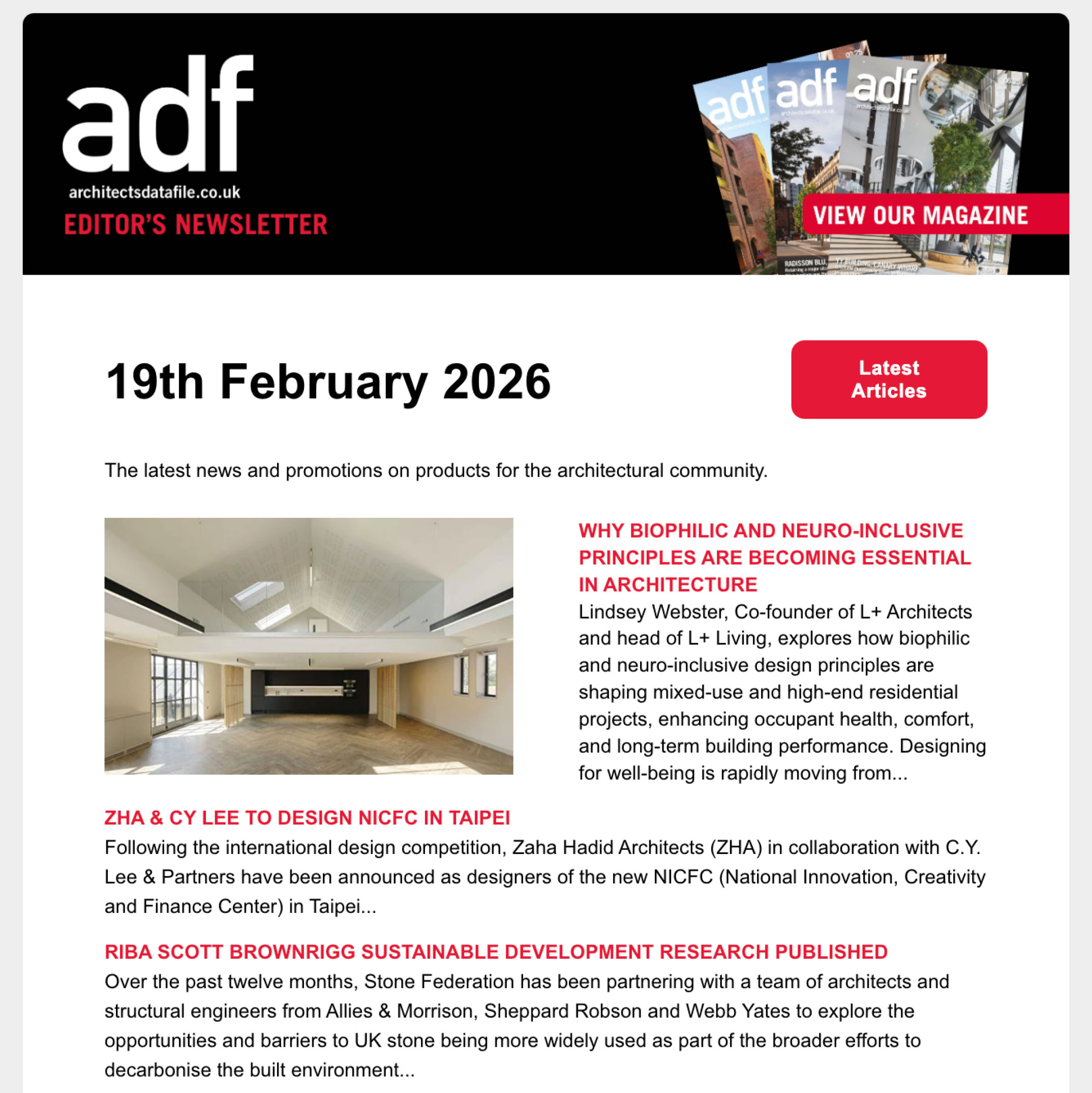Plans have been submitted for Bristol’s innovative new concept in affordable housing – the Gap House – to be built on a council-owned disused garage plot in Horfield, north of the city.
The eco-homes have been commissioned and funded by Bristol City Council and designed by global design practice BDP’s Bristol studio in partnership with the Bristol Housing Festival. If the project is a success the council will potentially be identifying further sites for Gap Houses in the future.
The plans propose a row of nine affordable, one-bedroom, two-storey, modularly constructed homes. The site sits between two rows of back gardens of existing homes and will include green space and outdoor seating in front of each home to encourage social interaction and community cohesion.
The Gap Houses will be contemporary, cost effective, eco-friendly homes, largely factory-built using modern methods of construction (MMC), in order to minimise disruption in the existing neighbourhood.
Designed to fit into small garage sites that are often disused in many cities and neighbourhoods, the homes will be super-insulated to support minimum heating requirements. They will also use renewable energy generated by solar PV panels and air source heat pumps, resulting in minimal environmental impact and low running costs.
The homes will include an open-plan kitchen-living area and bathroom on the ground floor, with a bedroom and storage on the first floor. Large windows allow for maximum natural light. The houses generously meet national space standards for a single-occupancy, one-bedroom unit.
This new concept is the latest in a series of innovations being explored by Bristol City Council and the Bristol Housing Festival to tackle the city’s housing crisis. The Gap House is part of a wider research, development and innovation programme, funded by Innovate UK, which looked at the potential for Modern Methods of Construction (MMC) to increase the scale and pace of the delivery of beautiful, quality, sustainable affordable homes in the city.
Martin Jones, landscape architect director in BDP’s Bristol studio, hopes that the ‘Gap House’ concept could be replicated in cities and towns across the UK. He said:
“There are many disused garage plots across the country that have fallen into disrepair. The Gap House concept has been designed to intelligently repurpose these urban plots, providing much-needed new affordable homes and revitalising neighbourhoods. Low energy lighting, solar panels and air source heat pumps will ensure these eco-homes are both highly sustainable and cost effective. The entrance to each property has been carefully designed to promote a front porch culture encouraging residents to connect and bring the community together.”
Jez Sweetland, director, Bristol Housing Festival said:
“Tackling the housing crisis requires innovative approaches. The Gap House is a shining example of this; helping unlock brownfield land to deliver quality, sustainable and affordable housing. I am excited about the potential of this concept not just for this site but to help unlock and revive other small sites in the city and beyond.”

